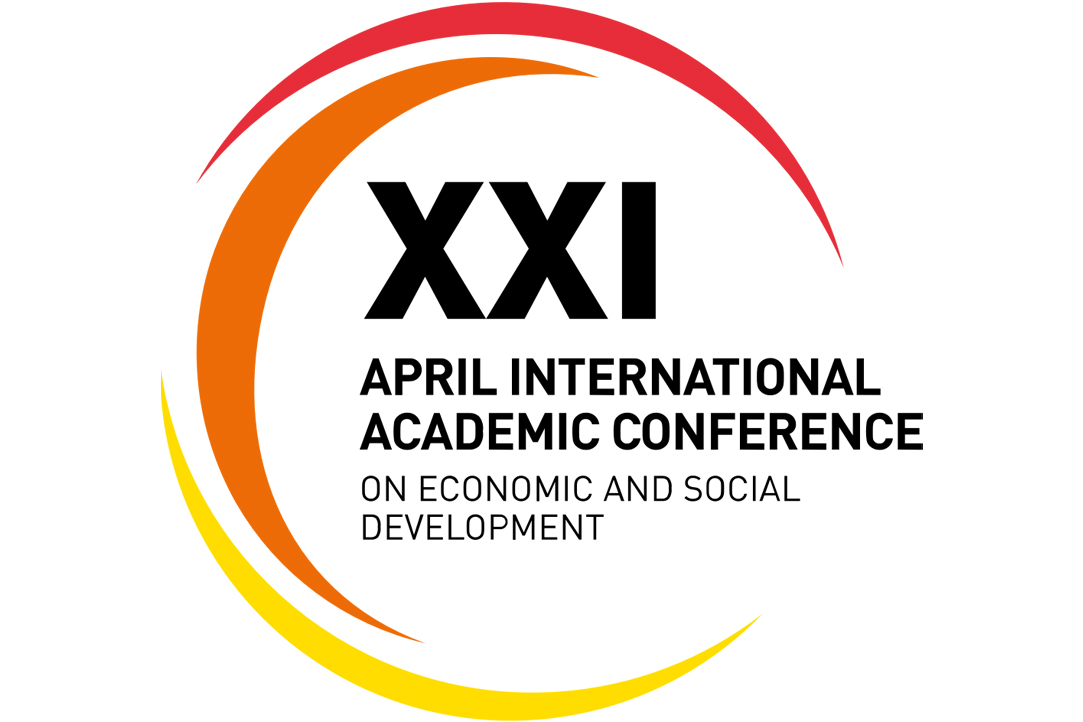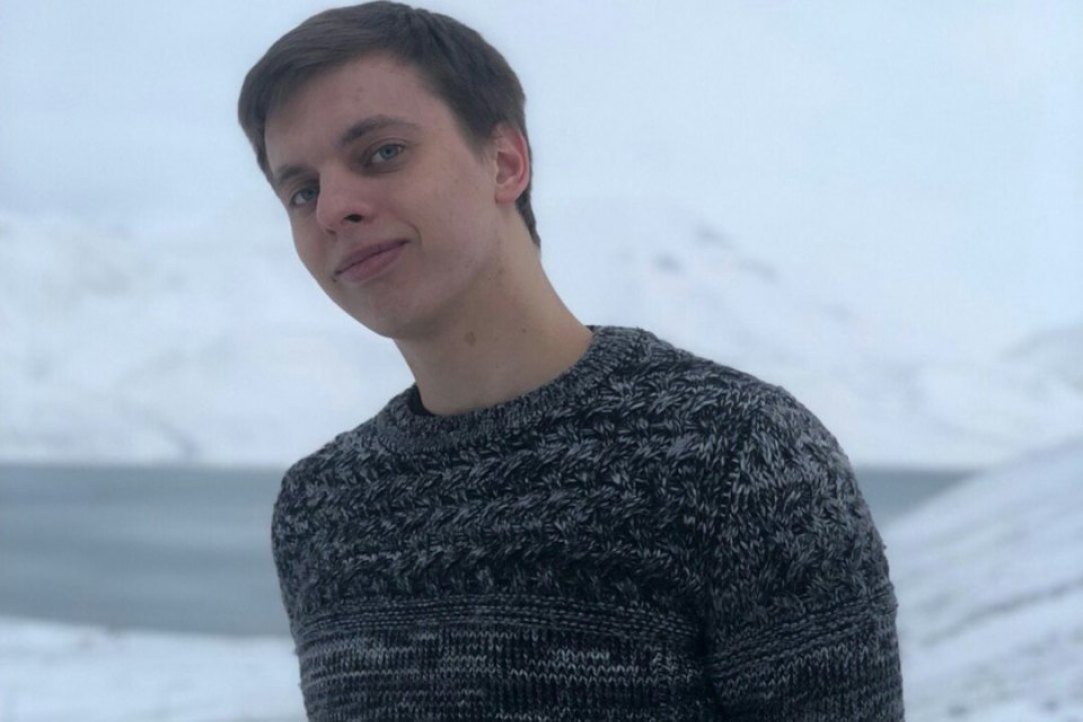
HSE Experts Analyze the Lifting of Quarantine Restrictions in 30 Countries
In a recent report, HSE experts evaluated the world’s 14 countries hit hardest by the COVID-19 pandemic based on data (including the number of recorded deaths) from May 1, 2020 or later. The report also examined 16 other countries whose experience was considered significant. While refraining from making generalizations, experts nonetheless noted that leaders in Europe and the United States have generally not responded to the situation as effectively as their Asian counterparts. Africa, meanwhile, follows its own course, while the situation in Brazil is worse.

Mathematics for Politics: How to Model the Division of the Arctic Territories
Egor Borsuk from the HSE International Centre of Decision Choice and Analysis has developed a software that can resolve international territory disputes. He has tested the programme on the disputed Arctic region. The researcher spoke about his innovation at the 21st April International Academic Conference on Economic and Social Development and in an interview for IQ.HSE.

HSE Student Conference Evaluates ‘The Manuscripts in Digital Space’
Students of HSE University (based at its Moscow and Nizhny Novgorod campuses), Moscow State University, Russian State University for the Humanities, and representatives of the Russian Academy of Science (RAS) Institutes, Novosibirsk Pedagogical University, and HSE Saint Petersburg and Nizhny Novgorod campuses participated in the online conference, ‘Text as DATA: The Manuscript in Digital Space’, which was organized by the School of General and Applied Philology of the Faculty of Humanities.

Emotional Must-haves: Which Feelings People Consider Most Important Today
People should radiate happiness but also be able to feel compunction; control themselves, but know when to give free rein to their feelings; love without suffering for it; and experience feelings of excitement and nostalgia without succumbing to emotional distress. Society adheres to a rather contradictory code for the expression of feelings or emotional imperatives. Feelings can lead to either a break in social ties or greater solidarity with others. In this article, IQ.HSE looks at emotional imperatives based on a report that HSE sociologist Olga Simonova presented at the XXI April Conference.

HSE Report on Innovative Development in Russian Agriculture
The world’s modern food systems are going through a fundamentally new stage of technological development known as Agriculture 4.0. This digital approach relies on the use of robotechnics, the Internet of Things, biotechnologies, and other smart solutions. Is Russian agriculture ready for this transformation? What should be the government’s role in this process? These issues are the focus of the report, ‘Innovative Development of Russian Agricultural Industry. Agriculture 4.0».

Burning Out in Silence: Why Muting Dissent at Work is Dangerous
Russian companies still pursue authoritarian leadership styles, and employees often avoid articulating their concerns and complaints to management. Together with chronic stress and work-family imbalance, this can often result in emotional burnout. This is the conclusion of a study by researchers from North Dakota State University (USA) and HSE University.
Studying Cultural History of Ethnic Minorities in the USSR
Isabelle R. Kaplan, a Post-Doctoral Research Fellow at the International Centre for the History and Sociology of World War II and Its Consequences, talks about her research on non-Slavic minorities in the Soviet Union in an interview to the HSE Look.

Dissertation Defenses at HSE University Move Online
For the past month, all dissertation defenses at HSE have been conducted online. However, this format is far from new: over the past two years, more than 80% of defenses at HSE University were conducted with at least one committee member attending remotely.

Winners of Russian National Award in Applied Economics – 2020 Announced
This year the award was bestowed on Marco Francesconi (University of Essex, UK), Fabián Slonimczyk and Anna Yurko (HSE University, Moscow). The team of authors was recognized for their article, which reliably proves the increased geographic mobility of high school graduates seeking to obtain a higher education following the introduction of the Unified State Exam.

History of a Single Illusion: How Interest in 3D Films Led to the Double Discovery of Autostereograms
At the end of 1960s, Pete Stephens serendipitously discovered a way to create an autostereogram — an image that creates an illusion of volume without the use of special equipment. However, in fact, this illusion had been described by Lev Mogilev from Irkutsk State University, even earlier in the 1960s. This ‘double discovery’ may have been the result of popular interest in 3D cinema at the time. IQ.HSE cites a paper by researcher Tadamasa Sawada to discuss this double rediscovery of autostereograms.

